TBS Will Process Your Authority For Free
Getting your own trucking authority can be a complex process, but you don’t have to face it alone. TBS will process your MC#/USDOT Number and BOC-3 for free (both are required to activate your authority), with no annual membership fee or application processing fee.
Your out-of-pocket cost will be the $300 Federal Motor Carrier Safety Administration (FMCSA) registration fee and the $50 BOC-3 registration fee which covers the lower 48 states. ($350 total). Let TBS deal with the mountains of paperwork and complicated forms. Our experts will make sure everything is processed correctly the first time, so you won’t have to wait to get those big rig wheels turning. Contact us today to get started.
What is a trucking authority?
Often identified as a motor carrier number (MC number), a trucking authority allows a commercial truck to transport goods. Your operating authority dictates the type of operation your company may run and the cargo it may carry. Getting your trucking authority involves a lot of paperwork and research into what you need to get your business up and running, and you may need to obtain multiple operating authorities to support your planned business operations.
The good news is, Truckers Bookkeeping Service has over 50 years of experience in the transportation industry and we’ve helped thousands of truckers get their trucking authority. We’ve created a short breakdown of the steps it takes to go from working for someone else to being your own boss. It’s quite a few steps, but we’re ready to help you navigate the process. Contact us today.
12 Steps to Going Independent & Getting Your Trucking Authority
1. Create a plan & register your trucking business
Start with a business plan that maps out your financial goals, then choose a business structure that’s right for you. Once that’s done, visit the U.S. Small Business Administration’s registration site to learn how to register your business on local, state, and federal levels. Every trucker’s situation is different, so talk to our experts if you need help determining the best type of registration for your company.
2. Obtain your Employer Identification Number (EIN)
Regardless of what type of business structure you choose, the next step is to get an EIN for tax purposes. You can apply online through the IRS website, but if you do this on your own, be sure to carefully read all the information before applying.
3. Register With the US Department of Transportation (USDOT)
The registration process will ask you a number of questions about your vehicle, cargo, number of trucks, weight, and more. After you’ve been registered, you’ll receive a USDOT number that future customers can use to access your information.
In addition to your USDOT number, you’ll also receive a PIN number to update your
information online (when necessary). Keep this PIN number in a safe place. And remember, you have to renew your USDOT number every two years.
4. Apply for your motor carrier number (MC #) through the Federal Motor Carrier Safety Administration (FMCSA)
5. File a BOC-3
6. File for your Unified Carrier Registration (UCR)
7. Get Insured
Trucking insurance is vastly different than car insurance. The FMCSA requires you to have $750,000 primary liability insurance and $100,000 cargo insurance. Depending on what you haul, additional insurance may be required. Always report any changes in your operations to your insurance provider to ensure you’re covered in case of an accident. If you need help choosing an insurance provider, check out these 4 Quick Tips to Picking an Insurance Company.
8. Obtain the proper intrastate permits
9. File your 2290 Heavy Highway Vehicle Use Tax Return
If your rig weighs over 55,000 pounds, you are required to file a Formulario 2290 for tax purposes. Visit the IRS website for more information on Form 2290.
10. Register for your International Registration Plan (IRP)
11. Obtain an Electronic Logging Device (ELD)
An ELD is an electronic device that tracks hours of service (HOS) for truck drivers. It helps protect drivers from being forced to drive beyond the threshold of safe hours and distance determined by the ELD rule. Here is a list of ELDs from the FMCSA website.
12. Stay on top of your DOT compliance
Once you’ve completed all the steps required to legally operate on the road, there are continual regulations from the DOT to keep up with. Failing to stay compliant with the DOT can result in severe consequences, ranging from hefty fines to being put out-of-service entirely.
Read and download our DOT Compliance e-book to learn how to stay DOT compliant.
Let Truckers Bookkeeping Service Handle Your Trucking Authority Processing
Getting out on the road and making money for yourself is your goal, and we get it. The time you spend trying to sort through all the paperwork, forms, and requirements needed to start your business is time you could have been hauling. So let our experts process your trucking authority and help you with all the permits and compliance requirements. All that saved time is money, after all. Contact us today.

